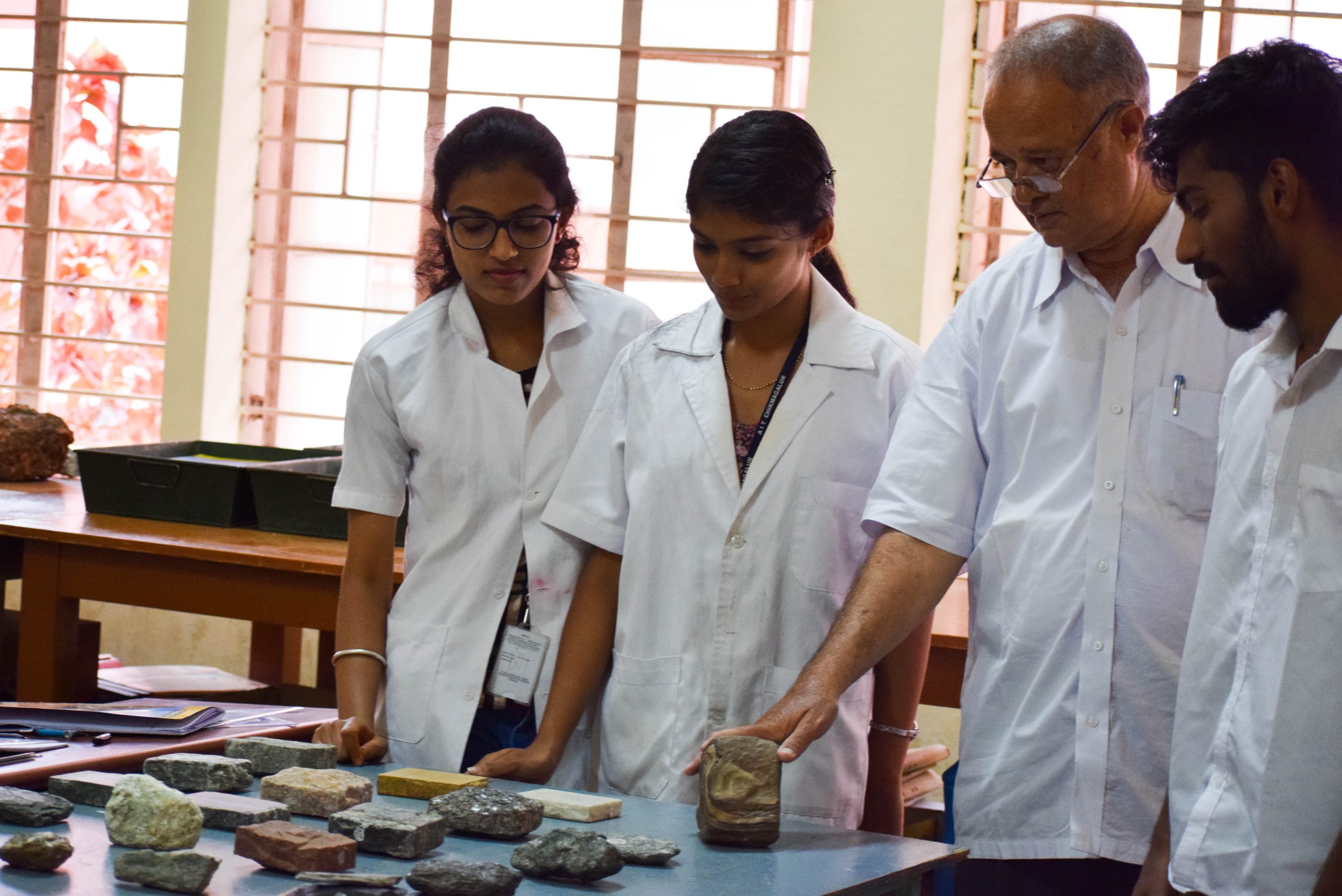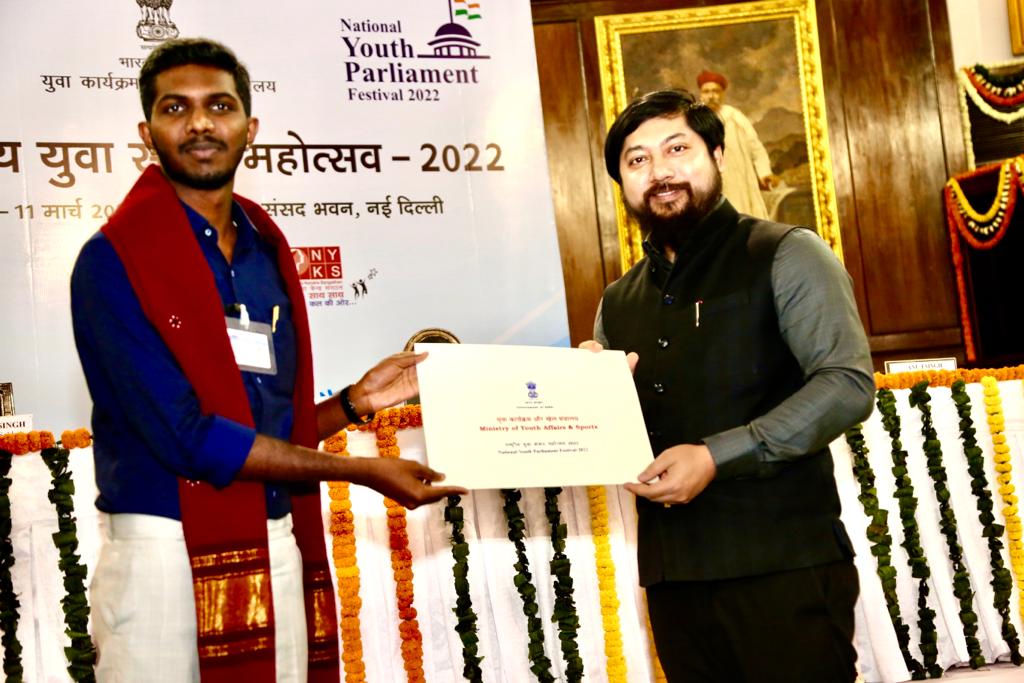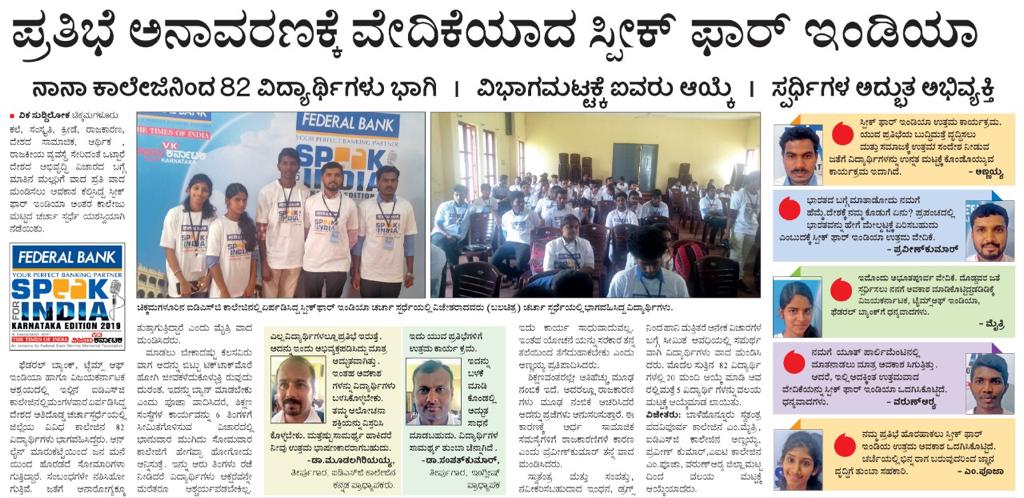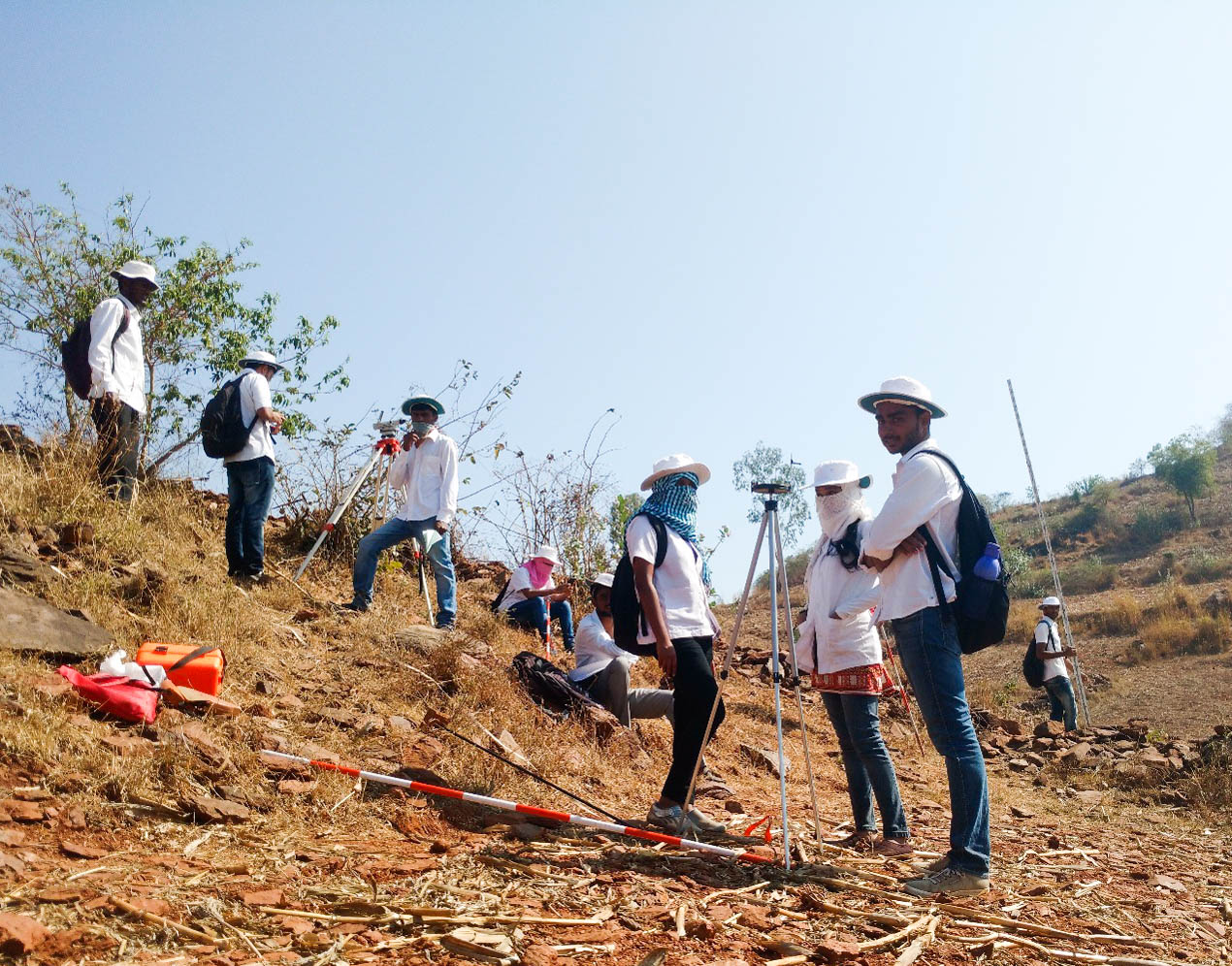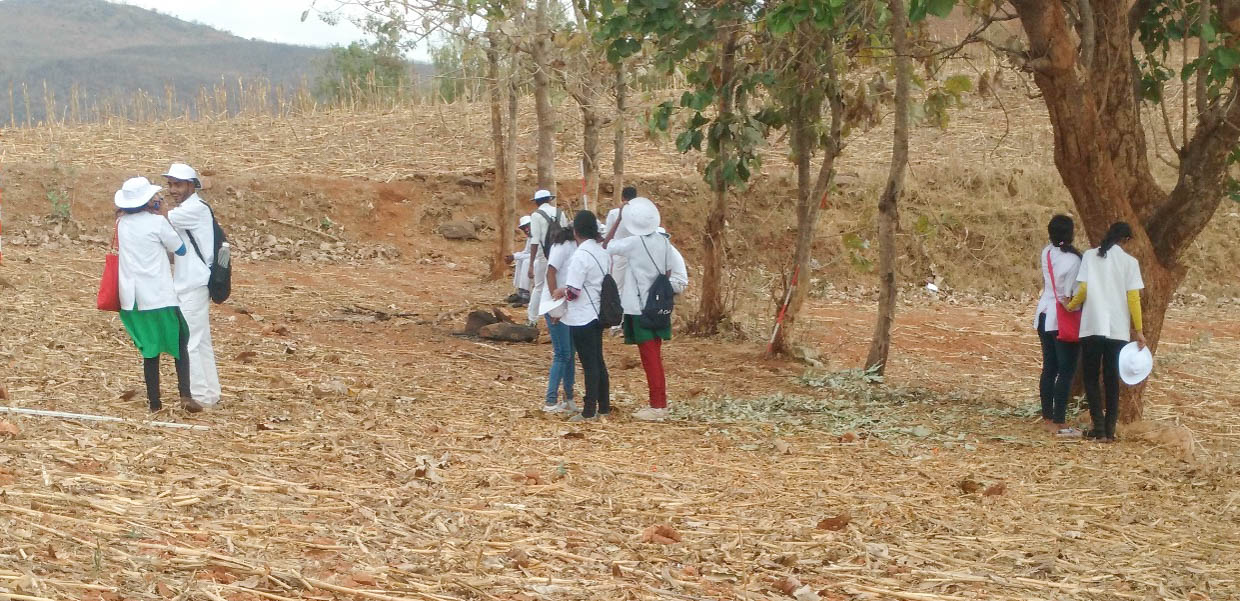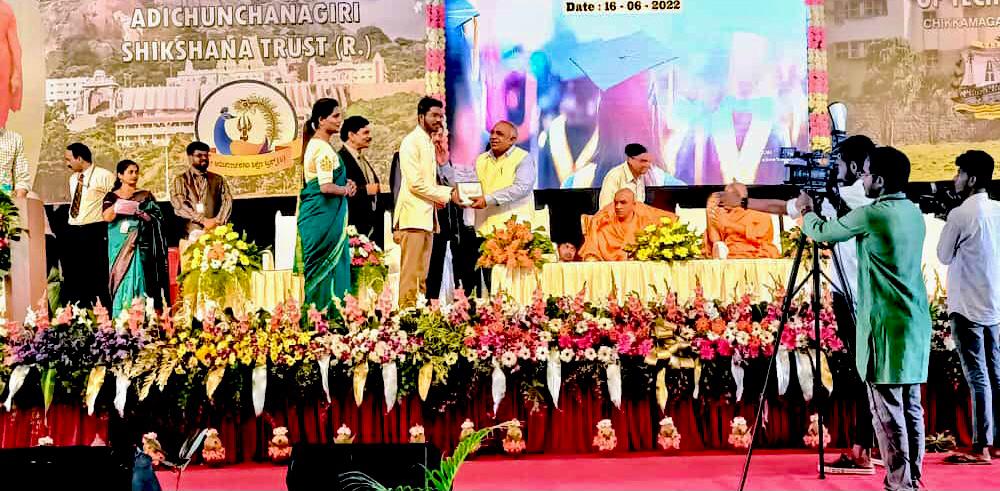- Home
- Institute
- Admissions
- Departments
- Civil Engineering
- Computer Science and Engineering
- Electronics and Communication Engineering
- Electrical and Electronics Engineering
- Information Science & Engineering
- Mechanical Engineering
- Artificial Intelligence and Machine Learning
- Computer Science and Engineering (Data Science)
- Master of Business Administration (MBA)
- Basic Sciences
- Students
- Placements
- NAAC

